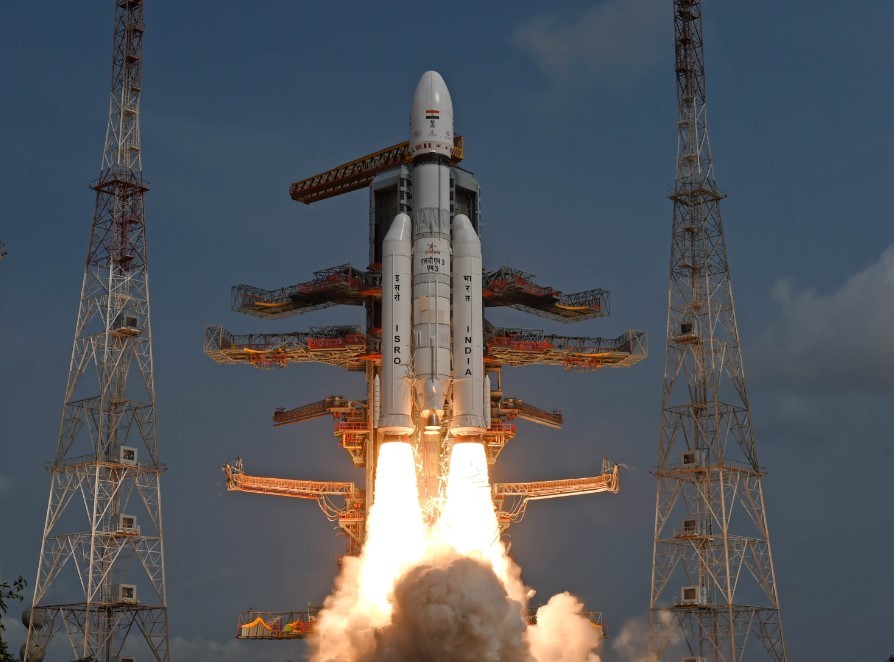Feb 14: Nobel laureate economist Michael Spence lauded India’s remarkable strides in digital economy and finance architecture, asserting that the nation has emerged as a global leader in this domain. Speaking at Bennett University in Greater Noida, Spence highlighted India’s position as a major economy with the highest growth potential.
“India has successfully developed by far the best digital economy and finance architecture in the world. It is open, competitive and delivers services of an inclusive kind to a vast array of territory,” remarked Nobel winner and economist Michael Spence during the interaction with students and faculty.
He further emphasized the ongoing transition in the global economy, attributing it to various factors such as pandemics, geopolitical tensions, and climate shocks. Spence noted that the traditional global economic system, established post-World War II, is experiencing breakdowns, necessitating adaptations to supply chain strategies.
Economist Michael Spence Highlights Complexity of Global Governance
“The world is witnessing a regime change in the global economy,” Spence remarked, underlining the shift of economic gravity towards the East and the consequent diversification of supply chains. Michael Spence stressed the complexity of global governance amid these transformations.
Despite the challenges, Spence expressed optimism regarding counter-measures to enhance human welfare, particularly through advancements in science and technology. He cited examples such as generative AI, biomedical life sciences revolutions, and significant progress in renewable energy technologies.
“While scientific and technological advancements hold promise for improving human welfare, there are considerations regarding their equitable distribution,” Spence cautioned, urging for inclusivity in technological access for businesses of all scales.
In conclusion, Michael Spence underscored the transformative potential of harnessing scientific and technological innovations to foster wellbeing and opportunity for diverse populations. His remarks shed light on the evolving dynamics of the global economy and the pivotal role of India in shaping the future of digitalization and finance.






